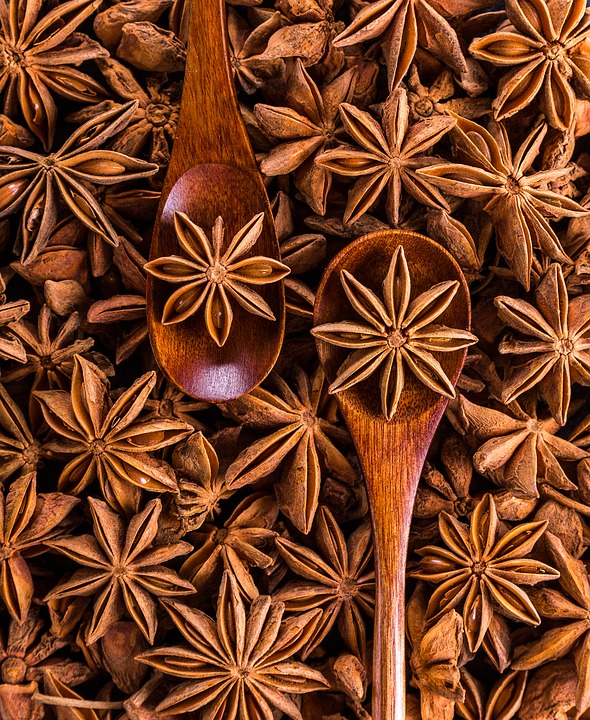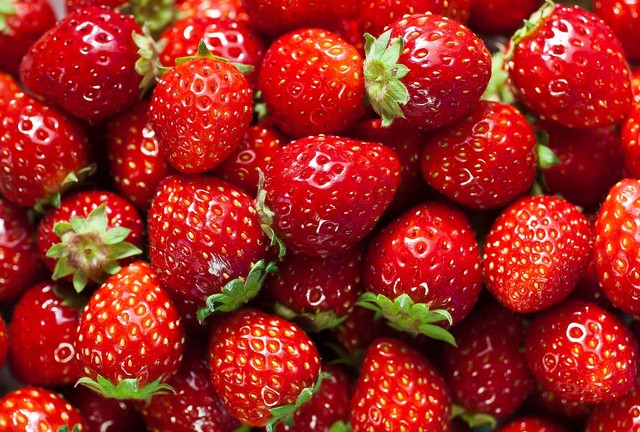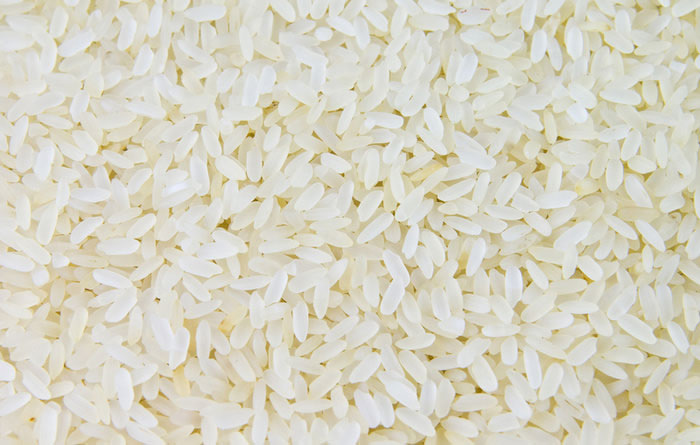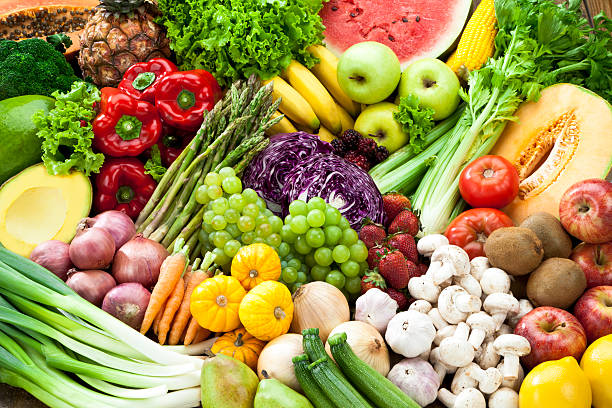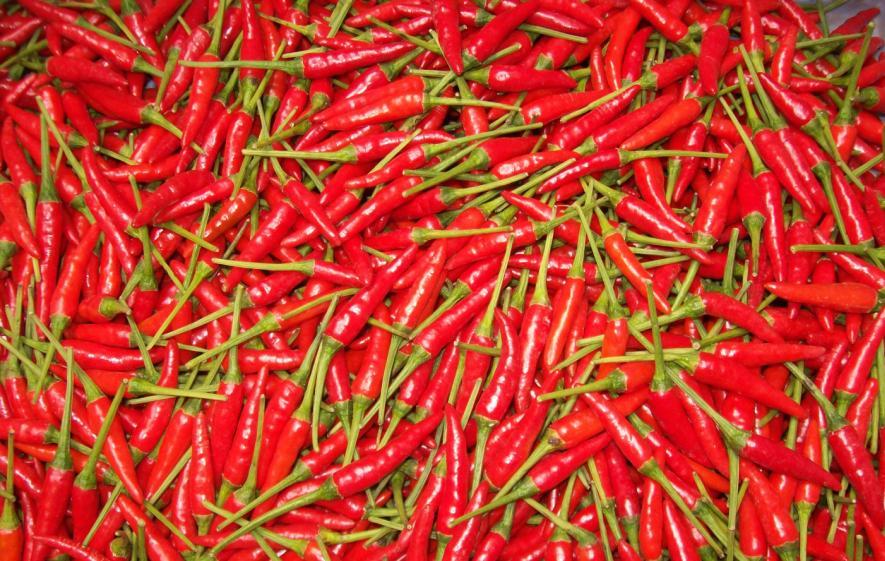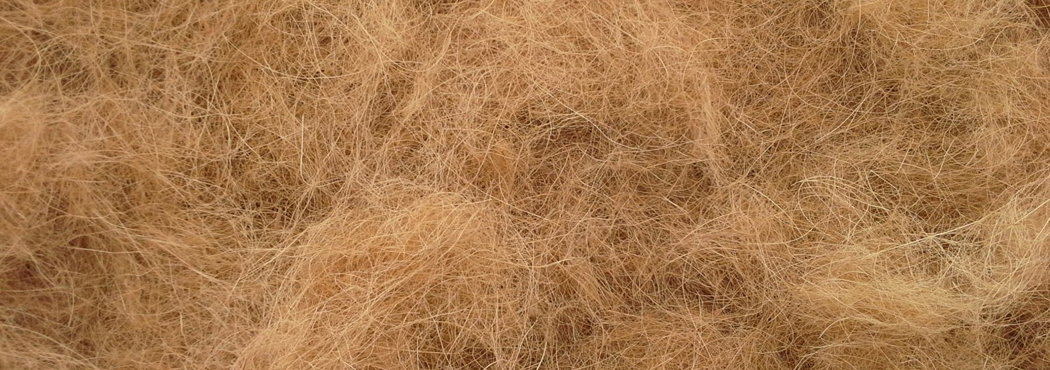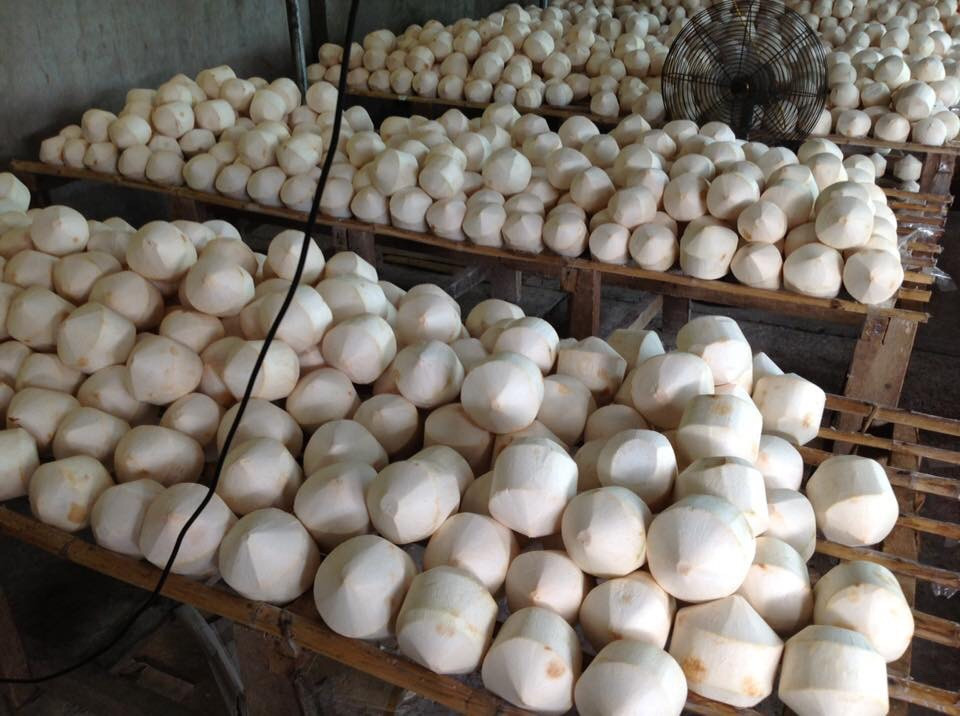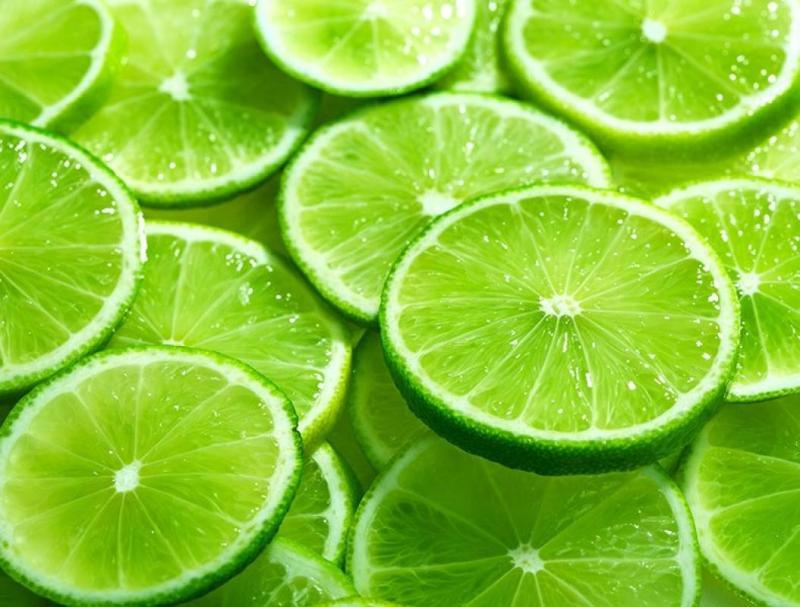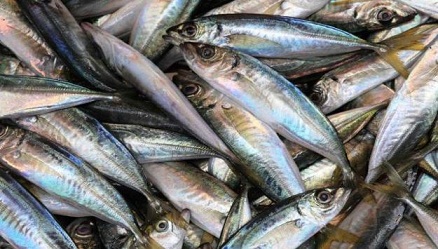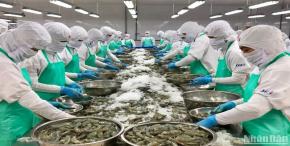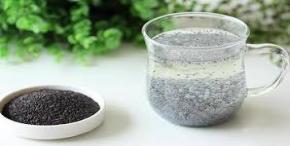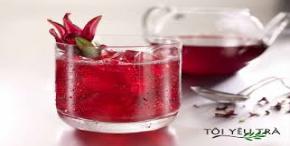News
EU: Multinational accused of exceeding MRL in pineapples
Update: 5/3/2015

Annually, about 18 million tons of pineapple are produced. To better respond to the high level of global consumption, the American company Del Monte Food brought the Sweet variety on the market. This pineapple, which is produced in Costa Rica, has a faster growth period, is more resistant to temperature change and transportation and is sweeter than the Cayenne, the most cultivated variety.
The French magazine Que Choisir published in April this year that the Sweet contains a high concentration of ethepon. This synthetic substance is sprayed on the pineapple a few days before they are harvested. This accelerates the colouring process, causing the fruit to look ripe so it can be picked earlier. By doing this the cost of production is reduced and the pineapple production made more cost-effective in a subtle manner, since the fruit can remain longer on the shelves.
According to Que Choisir their research showed that 86% of the tested pineapples contained ethepon. 2 of the 21 pineapples in the supermarket or at the market contained an ethepon percentage that exceeded by 2-5 times the MRL (Maximum Residue Limit).
In response to these claims, Dennis Christou, Vice President of Marketing at Del Monte N.A., says that Del Monte indeed uses ethepon but, "Del Monte is able to keep ethepon residue levels low because our growing operations apply the chemical at lower rates and at longer intervals before harvest than are used by other growers." He also states that the article does not identify Del Monte as the brand of one of the two pineapples “tested” and found to exceed the EU mandated MRL.
Christou questions the testing methods used by the publication, saying that there is no reference to the methodology used or indeed which lab the test were carried out in. He goes on to say that ethepon is approved by the EU so it should not be a surprise that traces could be found in fruit sampled.
According to Christou a review of Del Monte's testing records in Europe over the past two years showed that a total of six pineapple samples were analysed by Eurofins Laboratory. The maximum ethepon residue detected in any of these samples was 0.04 ppm (versus the MRL of 2.0 ppm).
Del Monte, "reject in the strongest way possible any notion that Del Monte Gold® Extra Sweet pineapples are in violation of EU regulations related to ethepon or pose any foodsafety risk." Stating that according to internal data and tests conducted by EU authorities there is a lack of even a single incident of ethephon MRL violation since 1996 when the company began selling Extra Sweet Pineapples in Europe.
